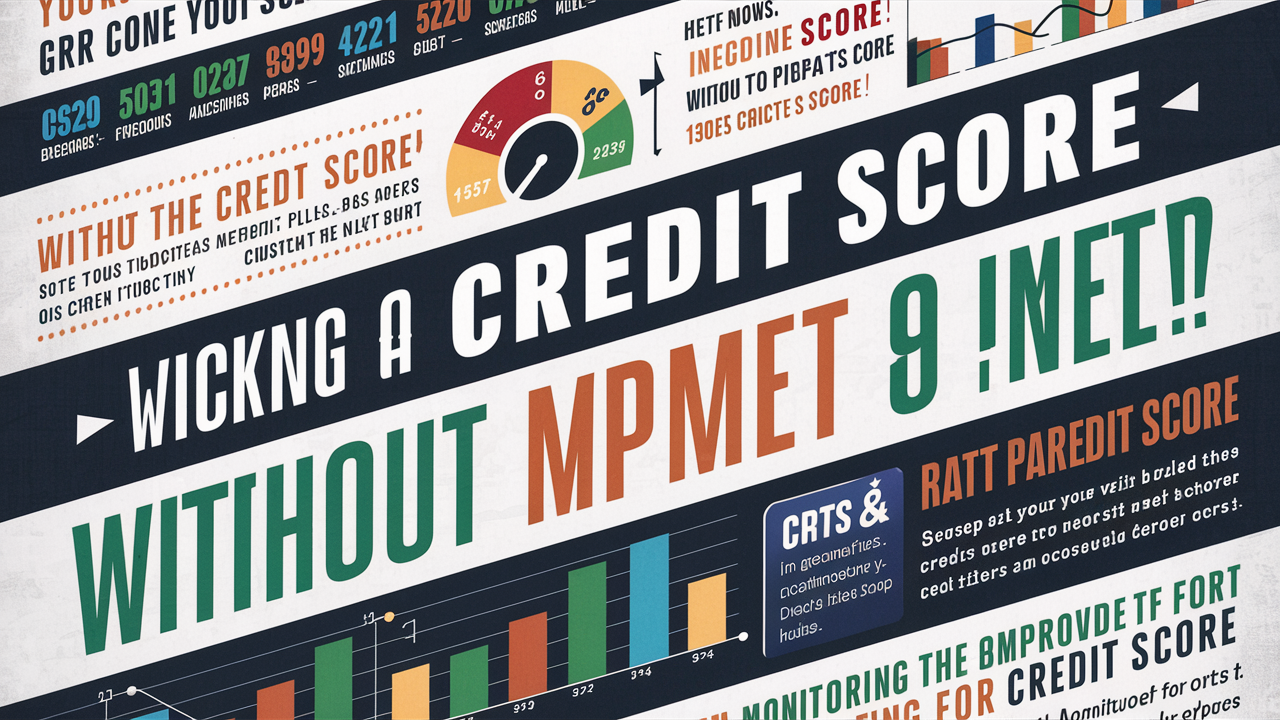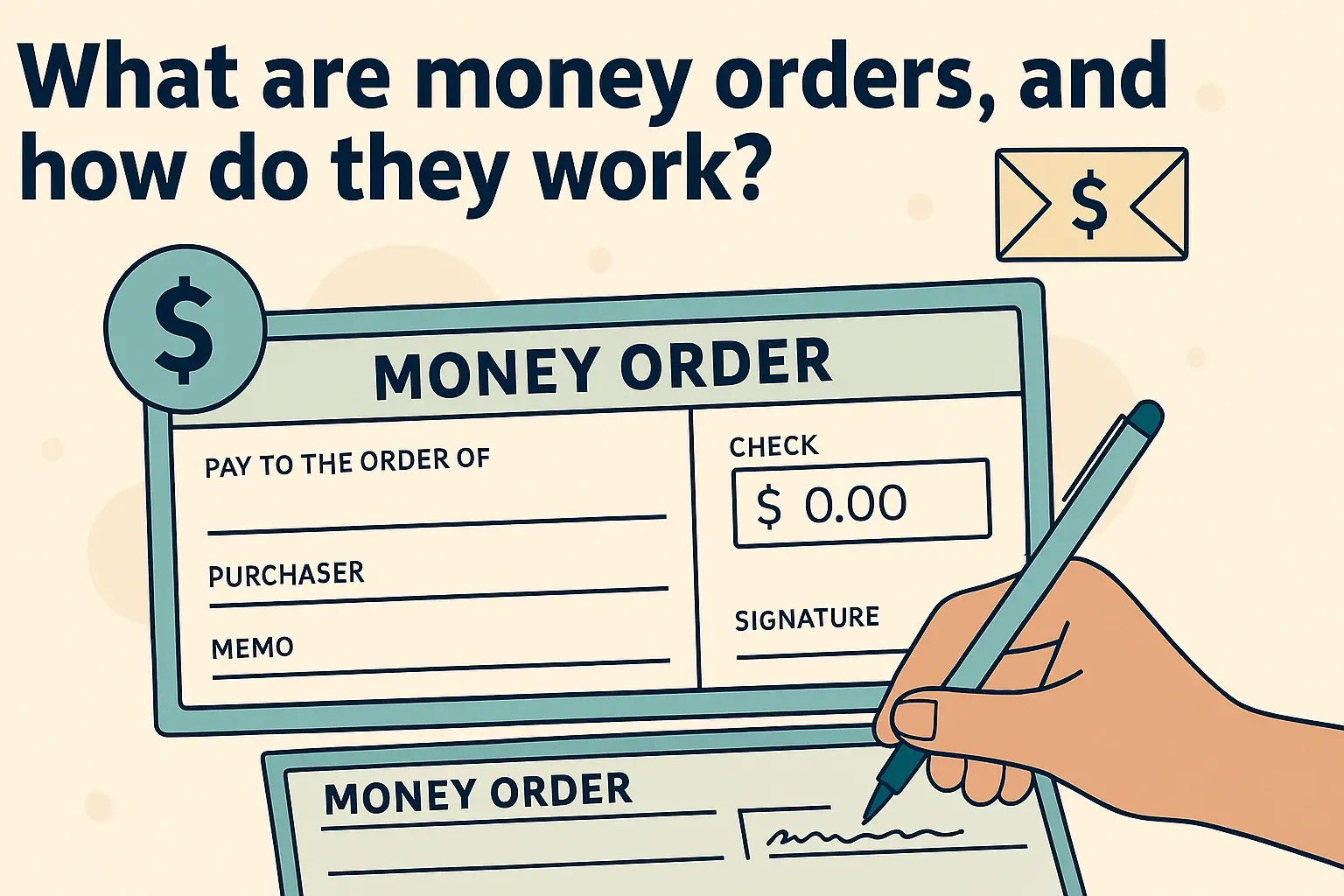-
Posted on: 01 Aug 2024

-
One of the most crucial figures in your life, a credit score shows your creditability. It influences factors such as interest rates and whether you qualify for loans and credit cards. Though there are many ideas of what is good and bad, most of the time the higher the credit score the better.
The rating indicates that the creditors want the customer scores to be above 670 with the optimal score over 700. A bad score is regarded as below 600. You desire nothing that would lower your score, so obtaining credit becomes more difficult and expensive.
Fortunately, looking at your credit score has no detrimental effect on it in any manner. These are the things you should know when regularly pulling your score without adversely impacting it.
Why Credit Score Is Important
Your three-digit credit score provides lenders with a glance at your creditworthiness. FICO rates normally vary between 300 and 850 while other credit scores have a variation of 300-900.
The implication is that as your score is high, your look to the potential creditors is the least risky. A good credit history reinforces the message that you have a good handle on the credit market and you are capable of meeting your obligations in terms of payment as and when due. Therefore, borrowers with high scores stand better chances of being approved by lenders. They will also provide better terms such as; lower interest rates.
On the flip side, low credit scores mean high risk was recorded in the market during the period under analysis. You may also have some late payments, defaults, foreclosures, or bankruptcies which are pulling down your score. Borrowers with low scores are deemed to be risky to lend an amount of money to lenders. This means you will be rejected more often by the service providers. And when you are approved, you may find yourself trapped by penalties such as high-interest charges, huge down payments, and high fines.
Consistently paying on time and maintaining low balances on credit cards will help to increase the credit score over time. Holding too many credit card balances, missing payments, maxing out credit cards, and defaulting on loans will cause it to drop. The position of your score shows how good or bad you are when it comes to managing credit.
Whenever lenders pull your credit, it leads to a hard pull. If you make too many hard inquiries within a short space of time, your credit score will be lowered a little. However, just having your credit score is not considered a hard credit check. Therefore, checking your score frequently does not have any adverse effects as long as you utilize services that enable you to check your credit score but do not pull the credit report.
How Credit Scores Work
Experian, TransUnion, and Equifax are the three main consumer credit reporting bureaus that gather data regarding credit accounts and credit repayment history from creditors. From this information, they combine it to calculate this data with other proprietary formulas to give you a three-digit credit score to determine your creditworthiness.
The two scoring models that are in operation are FICO and VantageScore. FICO scores are used more often in the credit decision process. That being said, you could get both a FICO score and a VantageScore from some of the credit score reporting services.
There are many FICO scores but the most popular one is the FICO Score 8. Key factors that influence your FICO credit score include: Key factors that influence your FICO credit score include:
-
Payment history: Even whether you pay the bills on time. This is the most significant element that contributes to 35 percent of your overall rating. You don’t need to be a chronic deadbeat; even one missed payment can negatively affect your credit rating.
-
Amounts owed: The amount of money you owe on all your credit cards compared to the credit limits on those cards. It also assists in raising scores by maintaining balances low about credit limits.
-
Length of credit history: Duration that has credit. It is less risky to have several old and established accounts. This is a fact, though it is not true that new accounts have to be strictly avoided; only having too many at once could result in small score fluctuations.
-
New credit: Applying for credit in large amounts and within a short period also affects the credit score as it depicts higher risk.
- Credit mix: It also found that having two or more credit cards, retail accounts, auto loans, and mortgages benefits the scores.
The final tips are: how to check your score without risking it?
By regularly tracking your credit score, you’ll be able to track your credit status in the long run. It is helpful to monitor your score since it will help you know how your spending and money management behavior affects your three-digit score. Regular credit check also assists in the identification of errors and cases of fraud on your credit reports.
For example, checking the credit score on your own earlier entailed ordering the reports from the credit bureaus and paying certain fees. Now, however, there are numerous free and efficient methods of getting your new score without harming it in any way.
Here are some options to check your credit score for free without hurting it: Here are some options to check your credit score for free without hurting it:
Credit Card Provided Credit Scores
More and more credit card issuers provide. Cardmembers’ ability to access a credit score every month. This may be your FICO Score of 8 based on information from Experian. Some of the issuers that offer this feature include Capital One, Discover, Chase, and Citi. It is usually updated monthly and it does not hurt your credit report when you access it or check it.
You only get the score associated with the bureau where your issuer reports your credit card information every month. However, the scores obtained through a credit card are very useful as they reflect what happens to your credit score each time you use your credit card to make purchases.
I mean, of course, you usually need one of the credit cards to get the benefit of having one. People with good to excellent credit are usually the ones who have the chance of being issued top rewards credit cards.
Management of Personal Finance Accounts on the Internet
Almost all free online personal finance apps and services, including Mint, Credit Karma, WalletHub, or Personal Capital, provide consumers with free monthly credit scores.
These free scores are based on data from one or more of the three main credit reporting agencies. They use Working VantageScore or Educational FICO models. By entering the generated credit scores, you may find that they are not the same as your actual FICO number. However, it can help track more general fluctuations in credibility over time.
Most importantly, the use of the credit score in online financial dashboards does not entail a hard credit check. Thus, these useful tools will not affect your score in any way. They do not use hard inquiries which other people can see but they use soft ones which cannot be seen.
AnnualCreditReportcom
Under Federal law, consumers are allowed to request a free report from all three bureaus once every 12 months through AnnualCreditReport. com. Even though these reports do not contain your credit score, going through them enables you to identify mistakes and fake accounts that are dragging down your scores.
By disputing incorrect negative information, one’s score is likely to go up. Therefore, being able to use your free annual access helps. It is just important not to check all three bureaus at one time but rather to check one bureau’s report every four months. If you want to check your reports with each major bureau more often than once a year, then you have to pay for it.
Other areas you may want to consider and take advantage of free options include
It is very simple and possible nowadays to check your credit rating yourself. Just ensure that the options you use retrieve information from your credit reports without demanding a difficult inquiry. Stick to financial service dashboards, credit card-provided scores, and the free annual credit reports that federal law allows you to access.
Keeping a tab of your score regularly helps you detect problems before they cause significant harm. Analyzing its trends reveals how your current expenses and financial behavior affect the small number of lenders who consider it when deciding whether to extend credit to you.
It is thus important to ensure that individuals practice reasonable credit management to maintain a good credit score; above 760. No late payments, credit card utilization below 30 percent, and minimal instances of applying for credit. You can check your credit score frequently and maintain a healthy credit score without any negative impact due to checking your score often.
Don’t wait! Call (888) 803-7889 and take charge of your financial future today!
-








